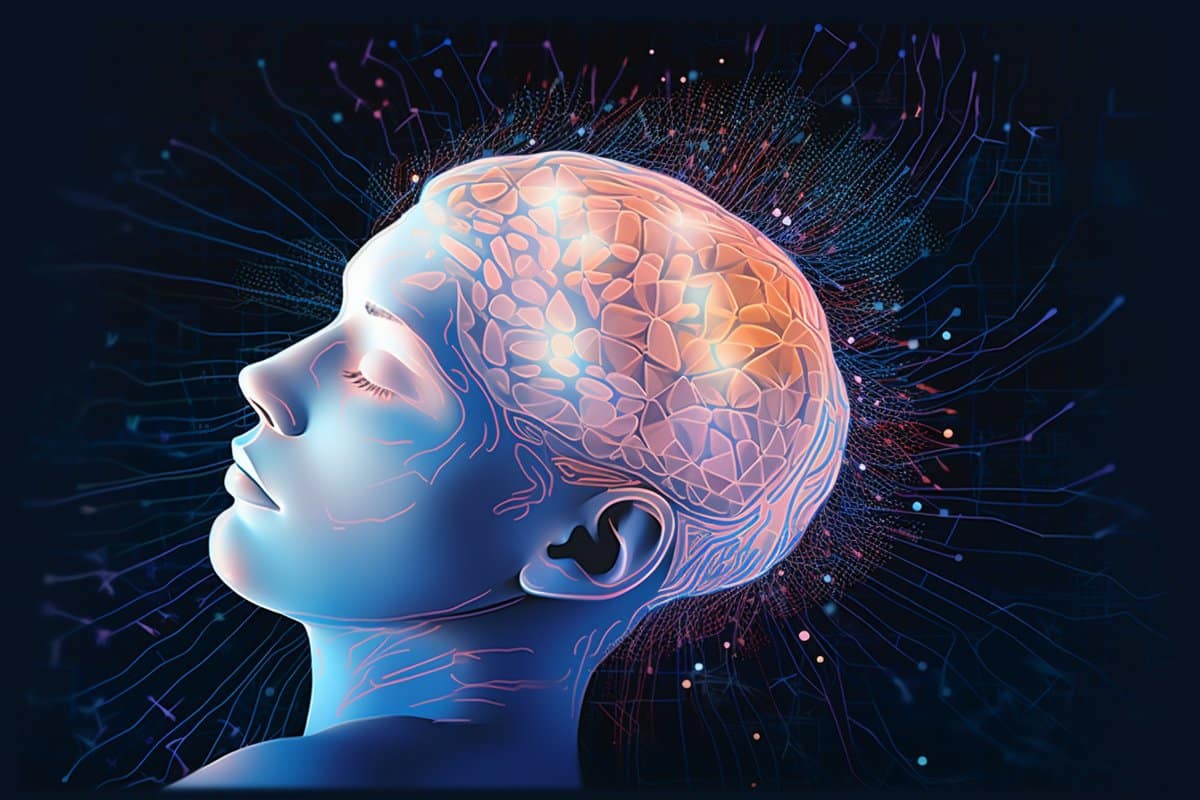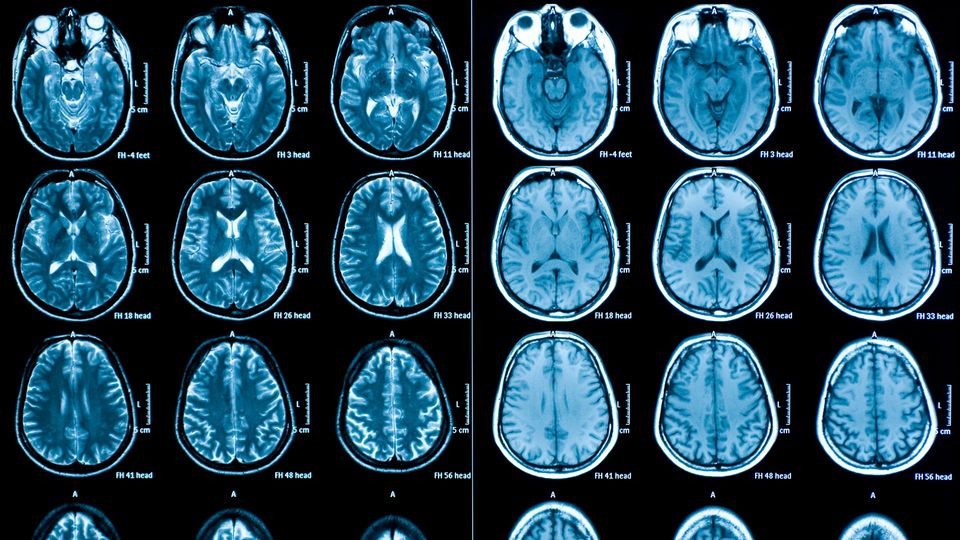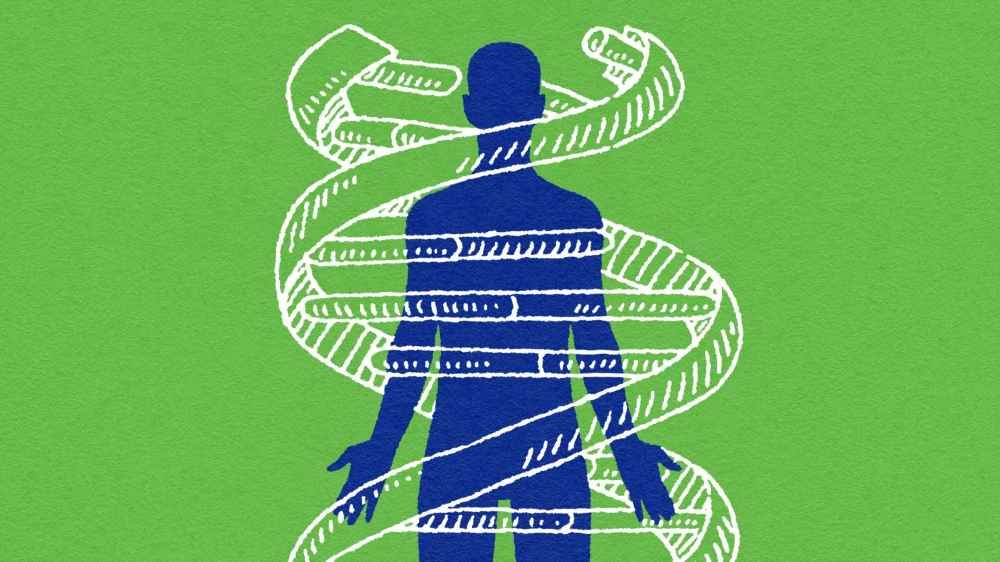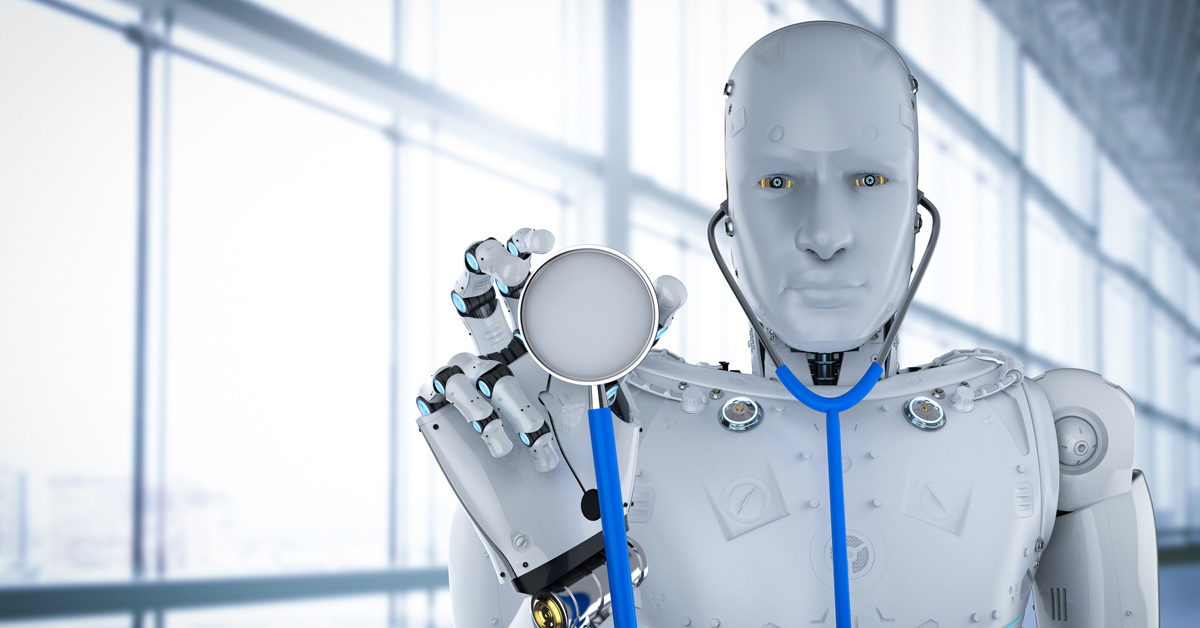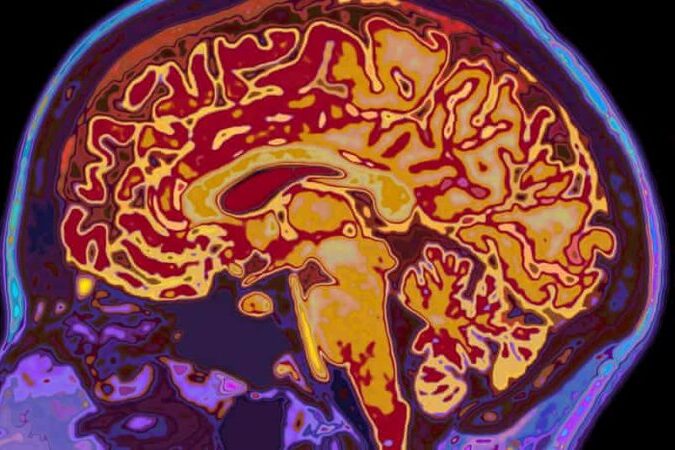Original Mind Body Green article available HERE. By 2050, researchers expect 115 million people will be living with dementia around the world. In the U.S., the CDC expects to see the sharpest increases in cases among Black and Latino Americans. And while dementia risk increases[...]
Article courtesy of HealthDay News ~ Doctors are seeing such cases around the world: About a third of COVID-19 patients go on to develop "long-haul" neurological or psychiatric conditions months after being infected, new research shows. The findings suggest a link between COVID-19 and a higher[...]
Article courtesy of Vital Choice Our ancient ancestors emerged from the sea. Human fetuses still have “gill-slit” structures, remnants of our watery origins. The fact that we are small, mobile, thinking seas has long intrigued writers and researchers. As pioneering marine biologist Rachel Carson put it,[...]
Original article from Human Parts I am in New York City, at JFK. At the check-in desk, a young woman with a ponytail is taking deep breaths and pointedly adding “Sir” or “Madam” to her repeated apology for the lateness of the[...]
Article by Dr. P.K. Gupta The director of the George Washington University College of Medicine argues that the brain of an elderly person is much more plastic than is commonly believed. At this age, the interaction of the right and left hemispheres of the brain becomes[...]
Article courtesy of MedPageToday Omega-3 fatty acid concentrations in red blood cells were linked with brain structure and cognitive function in midlife, an exploratory cross-sectional study showed. In about 2,200 people with an average age of 46, a higher omega-3 index was associated with a larger[...]
Article courtesy of Nice News Over 40 million adults in the United States struggle with anxiety. Both medication and meditation practices, including mindfulness-based stress reduction (MBSR), have previously proved helpful for alleviating symptoms. But in a new study out of Georgetown University Medical Center (GUMC),[...]
Article courtesy of Technology Networks. A study of 37 Tibetan Buddhist monks suggests that long-term, deep meditation could positively affect the gut microbiome. The research is published in General Psychiatry. How does meditation affect the body? In the era of “wellness”, an increasing number of people[...]
Original article from Science Daily, Feb 28, 2024 ~~ Findings could lead to new approaches for Alzheimer's, other neurological conditions The night is still, but the brain is far from dormant. During sleep, brain cells produce bursts of electrical pulses that cumulate into rhythmic waves[...]
A surprising and mysterious trend has arisen in recent years that may help point us toward a cure for dementia: Rates of Alzheimer’s disease in the U.S. are actually dropping. Indeed, your risk may be lower than that of your parents or grandparents. The percent of[...]
Original article can be found in UC Davis Health ~~ Brain size has steadily increased for people born after 1930s, according to a new study. Study participants born in the 1970s had 6.6% larger brain volumes and almost 15% larger brain surface area than those[...]
Original article from Big Think, published March 5, 2024 ~~ Genes are sometimes called the “blueprint of life,” but that doesn't make them the behavioral playbook. Excerpted from Purpose: What Evolution and Human Nature Imply about the Meaning of Our Existence by Samuel T. Wilkinson.[...]
Original article from Nice News ~~ Are humans inherently good or inherently selfish? Philosophers stretching back to the times of Socrates and Plato have debated human nature and its complexities. But only in recent decades have scientists and researchers started to pull back the layers[...]
Excerpted from National Geography article Whether it’s called a gut instinct, a sixth sense, or a strong hunch, new research is supporting a process that blends rapid judgments and perceptions that occur outside of conscious awareness—a way of knowing something without knowing how[...]
Article courtesy of The Guardian “Badass” new method uses a magnetized protein to activate brain cells rapidly, reversibly, and non-invasively Researchers in the United States have developed a new method for controlling the brain circuits associated with complex animal behaviors, using genetic engineering to create[...]
Article courtesy of The Guardian One in eight people who get coronavirus also have first psychiatric or neurological illness within six months, research finds Throughout the pandemic, one of the more puzzling aspects of the coronavirus has been the prevalence of new mental or neurological illnesses[...]
Article courtesy of CBS News This scene of residents gathered at an Italian café may not seem remarkable, until you know their ages; they're each 100 years old – and Guido Lepori says he's got years to go: "At least 150!" he told correspondent Seth Doane.[...]
Podcast courtesy of NPR ~ Listen here ~ Descendants of trauma victims seem to have worse health outcomes. Could epigenetics help explain why? Bianca Jones Marlin and Brian Dias walk us through the field of epigenetics and its potential implications in trauma inheritance. This episode was[...]









